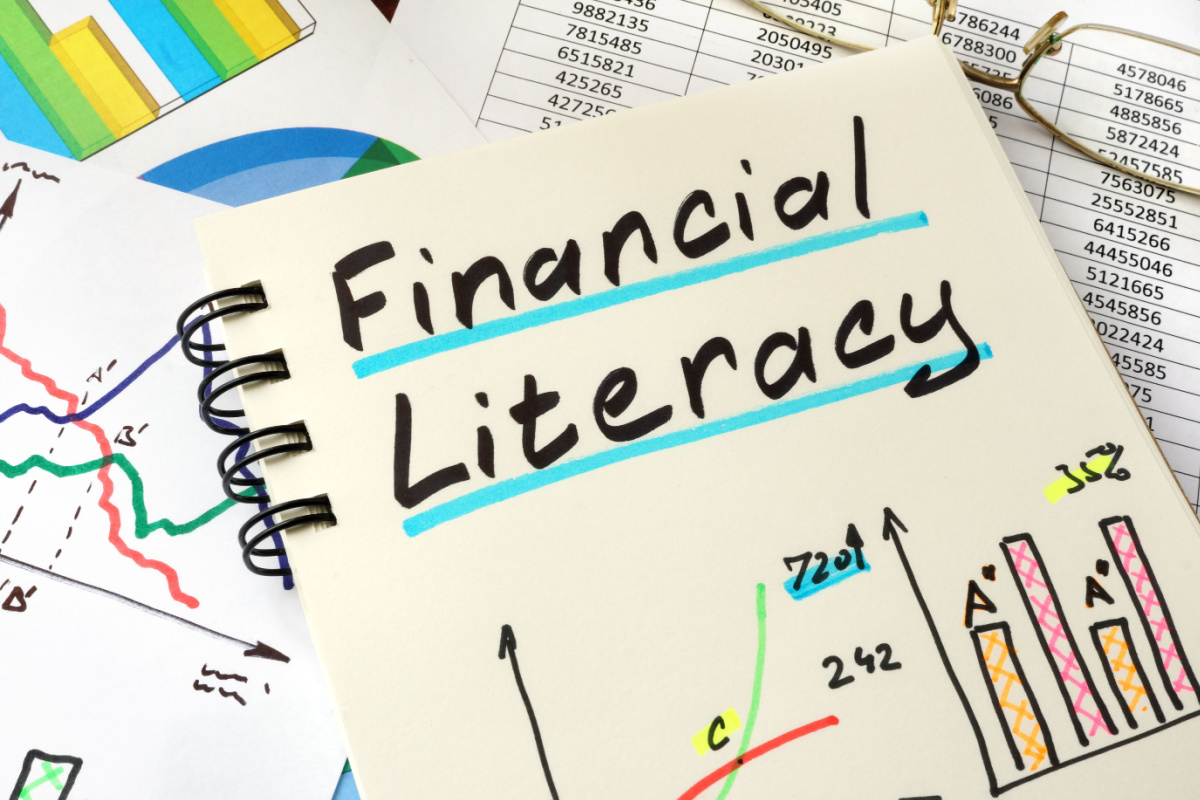In a world where money often seems to make the world go ’round, how well do we understand the financial systems that govern our lives? How much do we know about making informed and responsible financial choices? And importantly, could our understanding, or lack thereof, be contributing to the rise of problem gambling?
Financial education is an often underrated element of our learning journey, but it holds the key to these questions. It is not merely about counting coins or balancing a checkbook. It’s about understanding the value of money, the implications of debt, the concept of risk versus reward, and the art of decision-making. This knowledge is applicable to all ages — from the youth stepping into their first job to the elderly managing retirement funds — and can significantly reduce the likelihood of problem gambling.
But how does this transformation happen? How exactly does financial education empower us to make better choices? What role can each of us play in promoting financial literacy as a tool to combat problem gambling? We’ll answer those questions and more.
What Is Financial Literacy?
Financial literacy is more than just an understanding of numbers and figures; it’s a lifeline, a beacon guiding us through the ever-changing elements of personal finance. It’s about knowing how to navigate the complex world of credit scores, interest rates, investments, and taxes. It’s understanding the difference between wants and needs and making educated decisions about saving and spending. But, most importantly, financial literacy is about empowerment. It’s about equipping ourselves with the knowledge to take control of our financial future and to make informed choices that lead to financial stability and freedom.
Can Financial Education in Schools Help Prevent Problem Gambling?
With more and more children and young adults being exposed to gambling at an early age, there are questions arising about whether financial education should increase in schools, especially as it relates to problem gambling. Even if children aren’t able to gamble legally while in middle or high school, they are still exposed to the thrill of placing a bet via parents, friends, or even video games they may be playing for fun. In some cases, children are exposed to the elements of gambling for almost a decade before they are even able to place a bet legally.
Fortunately, there are ways schools can help implement tools and knowledge to empower both parents and children on the potential consequences and dangers of their actions. Research suggests that financial education in schools could play a significant role in curbing problem gambling. By instilling a strong foundation of financial literacy from an early age, we equip young people with the tools to make informed decisions about their finances. This understanding can potentially reduce the allure of gambling as a quick-fix solution to financial issues. For instance, a study conducted in Japan found a link between financial literacy, financial education in early school life, and a reduction in gambling frequency.
Additionally, there’s a growing movement in the U.S. to offer problem gambling education in schools, acknowledging the increasing accessibility of legal gambling to adults and children alike. Quality financial education can instill a healthy skepticism that protects against risk.
Can Older Adults Learn Financial Education?
Absolutely. Financial education is not just for the young; it’s a lifelong journey. Older adults can and should continue to learn about financial management. It’s especially important as they navigate retirement funds, estate planning, and other financial matters unique to their stage of life. Financial literacy can serve as a protective factor against behaviors that may lead to problem gambling, which can be particularly destructive for retirees on fixed incomes. No matter what stage you are in life, it’s clear that financial education holds immense value.
Problem Gambling Education Starts With 800-GAMBLER
800-GAMBLER can provide invaluable resources for those struggling with problem gambling, offering support, treatment, and hope. But preventative measures are just as important. By prioritizing financial education in schools and continuing this learning into adulthood, we can empower individuals to make informed financial decisions and potentially reduce the allure of gambling as a solution to financial issues.
If you or a loved one is facing the effects of problem gambling, contact us today. Leverage our 24/7 confidential helpline at 1-800-GAMBLER to help provide the knowledge you need. We offer help for gamblers in numerous areas of financial literacy and gambling education via podcasts, webinars, and so much more.



